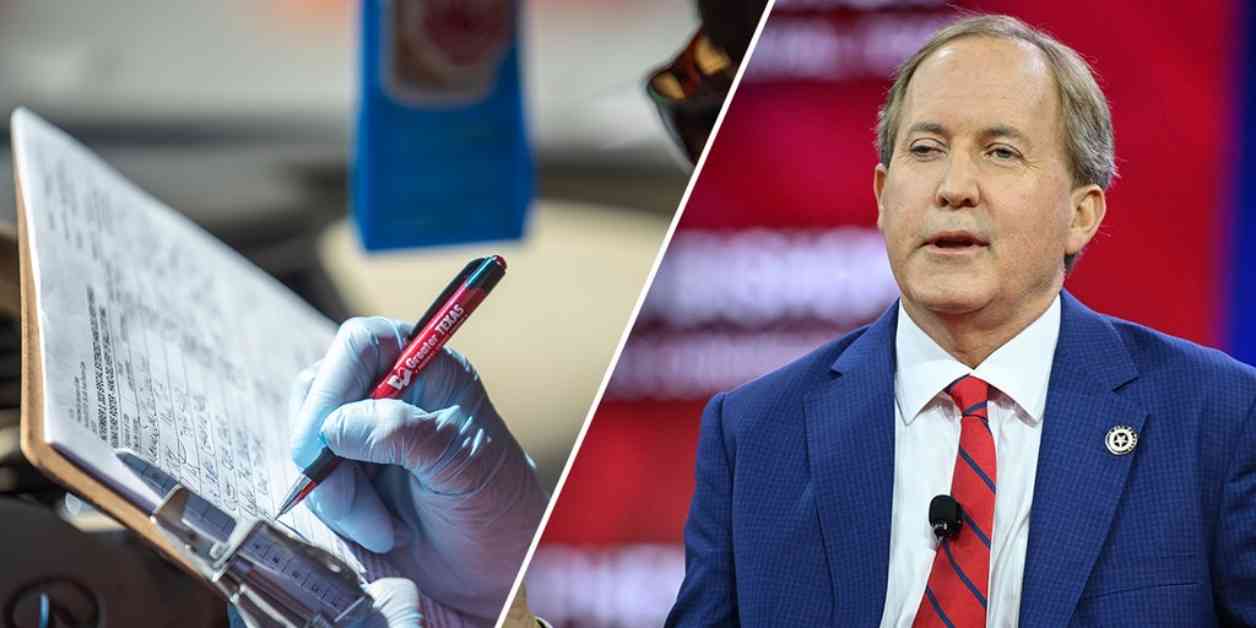Texas Attorney General Ken Paxton has recently sent a letter to the Biden-Harris administration, urging them to provide data that could help identify potential noncitizen registered voters in the state. Paxton emphasized that the administration has a legal obligation to cooperate in this matter so that Texas can ensure the citizenship status of certain registered voters without Texas-issued driver’s licenses or identification cards, as these are only given to citizens.
Paxton is concerned about the integrity of elections and the compliance with federal and state laws that prohibit non-U.S. citizens from voting. He mentioned that while it is a crime for noncitizens to register to vote, federal law presents challenges as it allows opportunities for illegal registration without proof of citizenship. Paxton highlighted the importance of requiring proof of citizenship to prevent illegal registration and uphold election integrity.
The Attorney General has identified over 450,000 registered voters in Texas who have not undergone citizenship verification. He obtained this information from the Texas Secretary of State’s list of voters, which the office is mandated to maintain. Although Paxton believes that most voters on the list are eligible citizens, he stressed the importance of verifying the eligibility of all voters to prevent any illegal voting activities.
In his efforts to address noncitizen voting, Paxton’s Election Integrity unit conducted searches in South Texas counties to investigate fraud and ballot harvesting allegations. Furthermore, Governor Greg Abbott announced the removal of 6,500 potential noncitizens from the voter rolls since 2021, with almost 2,000 having a voter history. These actions underscore the commitment of Texas officials to ensuring voter integrity and preventing noncitizens from participating in elections.
Concerns about voter integrity and noncitizen voter registration have been raised by Republicans ahead of the upcoming 2024 presidential election. Instances of mistaken voter registrations have been reported in Oregon, where additional individuals were identified on the voter rolls without proof of citizenship. Similarly, the Arizona Supreme Court’s decision to allow nearly 98,000 individuals with unconfirmed U.S. citizenship to vote in state and local elections has sparked controversy.
As the debate on voter integrity continues, Texas Attorney General Ken Paxton’s call for cooperation from the federal government and his efforts to verify the citizenship status of registered voters highlight the ongoing efforts to safeguard the integrity of elections. By addressing potential issues of noncitizen voting and ensuring that only eligible voters participate in elections, officials aim to uphold the democratic process and maintain public trust in the electoral system.




